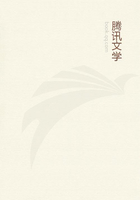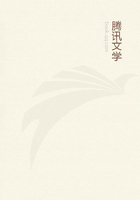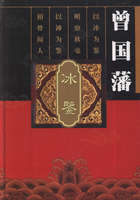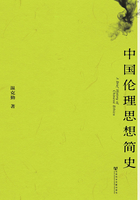Accordingly we hear most about them in connection with demises ofdomestic sovereignty. Among the Hindoos, the right to inherit adead man's property is exactly co-extensive with the duty ofperforming his obsequies. If the rites are not properly performedor not performed by the proper person, no relation is consideredas established between the deceased and anybody surviving him;the Law of Succession does not apply, and nobody can inherit theproperty. Every great event in the life of a Hindoo seems to beregarded as leading up to and bearing upon those solemnities. Ifhe marries, it is to have children who may celebrate them afterhis death; if he has no children, he lies under the strongestobligation to adopt them from another family, "with a view,"writes the Hindoo doctor, "to the funeral cake, the water, andthe solemn sacrifice." The sphere preserved to the Roman sacra inthe time of Cicero, was not less in extent. It embracedInheritances and Adoptions. No Adoption was allowed to take placewithout due provision for the sacra of the family from which theadoptive son was transferred, and no Testament was allowed todistribute an Inheritance without a strict apportionment of theexpenses of these ceremonies among the different co-heirs. Thedifferences between the Roman law at this epoch, when we obtainour last glimpse of the sacra, and the existing Hindoo system,are most instructive. Among the Hindoos, the religious element inlaw has acquired a complete predominance. Family sacrifices havebecome the keystone of all the Law of Persons and much of the Lawof Things. They have even received a monstrous extension, for itis a plausible opinion that the self-immolation of the widow ather husband's funeral, a practice continued to historical timesby the Hindoos, and commemorated in the traditions of severalIndo-European races, was an addition grafted on the primitivesacra, under the influence of the impression, which alwaysaccompanies the idea of sacrifice, that human blood is the mostprecious of all oblations. With the Romans, on the contra, thelegal obligation and the religious duty have ceased to beblended. The necessity of solemnising the sacra forms no part ofthe theory of civil law but they are under the separatejurisdiction of the College of Pontiffs. The letters of Cicero toAtticus, which are full of allusions to them, leave no doubt thatthey constituted an intolerable burden on Inheritances; but thepoint of development at which law breaks away from religion hasbeen passed, and we are prepared for their entire disappearancefrom the later jurisprudence.
In Hindoo law there is no such thing as a true Will. Theplace filled by Wills is occupied by Adoptions. We can now seethe relation of the Testamentary Power to the Faculty ofAdoption, and the reason why the exercise of either of them couldcall up a peculiar solicitude for the performance of the sacra.
Both a Will and an Adoption threaten a distortion of the ordinarycourse of Family descent, but they are obviously contrivances forpreventing the descent being wholly interrupted, when there is nosuccession of kindred to carry it on. Of the two expedientsAdoption, the factitious creation of blood-relationship, is theonly one which has suggested itself to the greater part ofarchaic societies. The Hindoos have indeed advanced one point onwhat was doubtless the antique practice, by allowing the widow toadopt when the father has neglected to do so, and there are inthe local customs of Bengal some faint traces of the Testamentarypowers. But to the Romans belongs pre-eminently the credit ofinventing the Will, the institution which, next to the Contract,has exercised the greatest influence in transforming humansociety. We must be careful not to attribute to it in itsearliest shape the functions which have attended it in morerecent times. It was at first, not a mode of distributing a deadman's goods, but one among several ways of transferring therepresentation of the household to a new chief. The goods descendno doubt to the Heir, but that is only because the government ofthe family carries with it in its devolution the power ofdisposing of the common stock. We are very far as yet from thatstage in the history of Wills in which they become powerfulinstruments in modifying society through the stimulus they giveto the circulation of property and the plasticity they produce inproprietary rights. No such consequences as these appear in factto have been associated with the Testamentary power even by thelatest Roman lawyer. It will be found that Wills were neverlooked upon in the Roman community as a contrivance for partingProperty and the Family, or for creating a variety ofmiscellaneous interests, but rather as a means of making a betterprovision for the members of a household than could be securedthrough the rules of Intestate succession. We may suspect indeedthat the associations of a Roman with the practice of willmakingwere extremely different from those familiar to us nowadays. Thehabit of regarding Adoption and Testation as modes of continuingthe Family cannot but have had something to do with the singularlaxity of Roman notions as to the inheritance of sovereignty Itis impossible not to see that the succession of the early RomanEmperors to each other was considered reasonably regular, andthat, in spite of all that had occurred, no absurdity attached tothe pretension of such Princes as Theodosius or Justinian tostyle themselves Caesar and Augustus.


